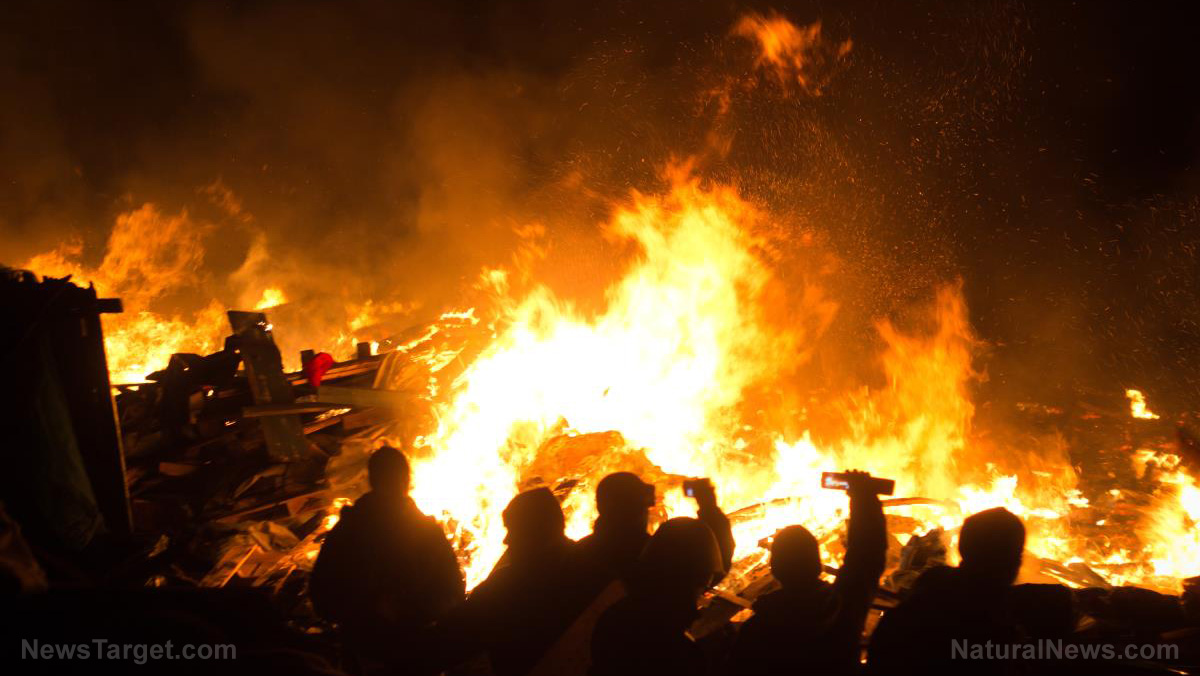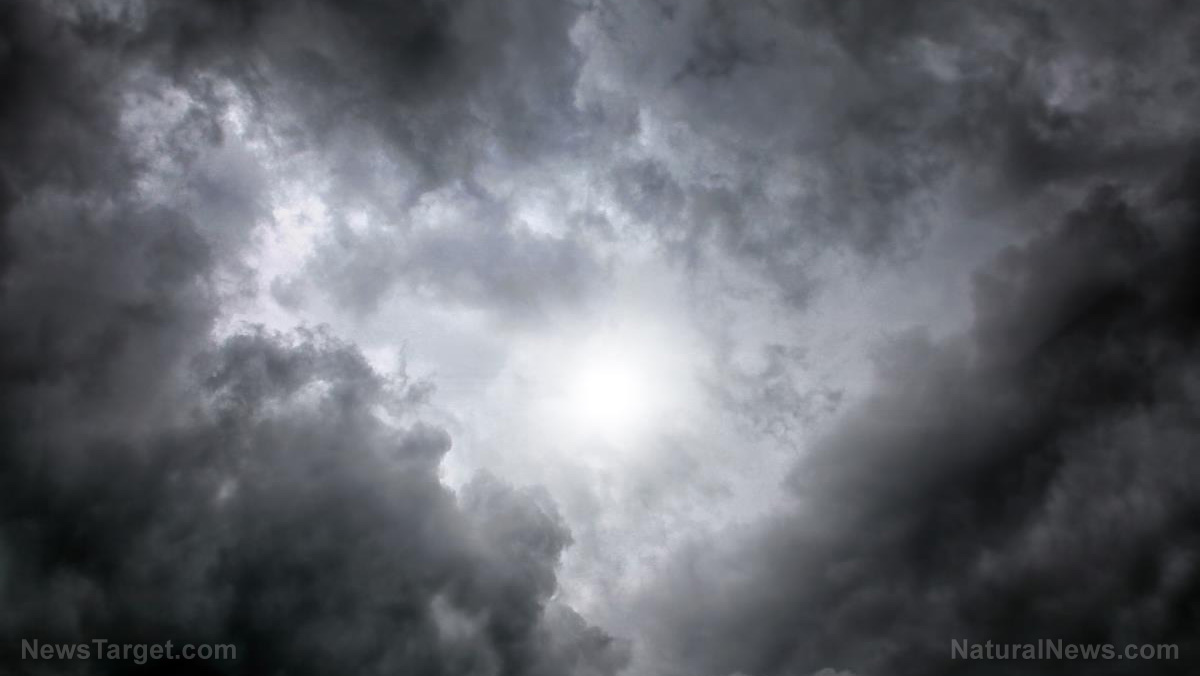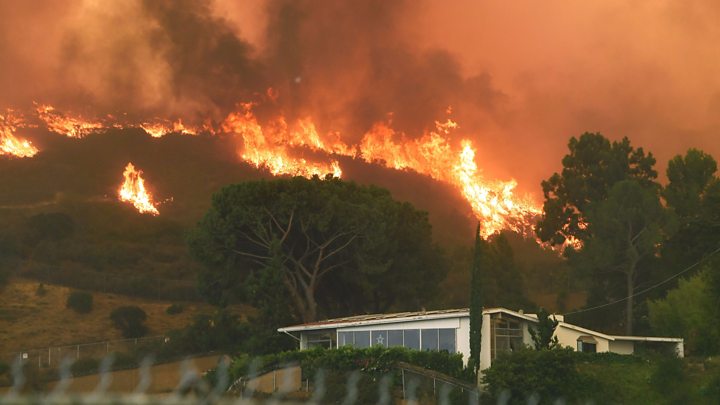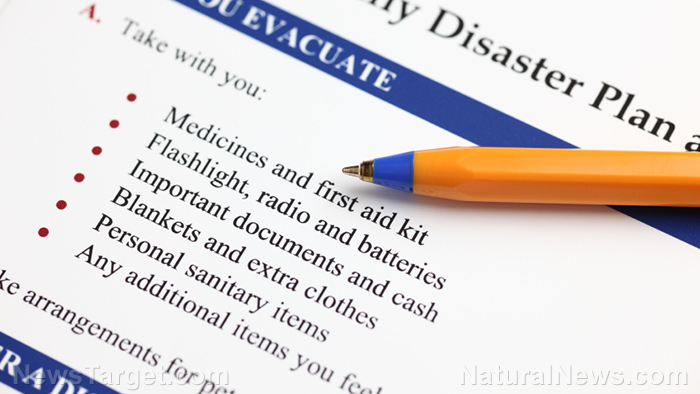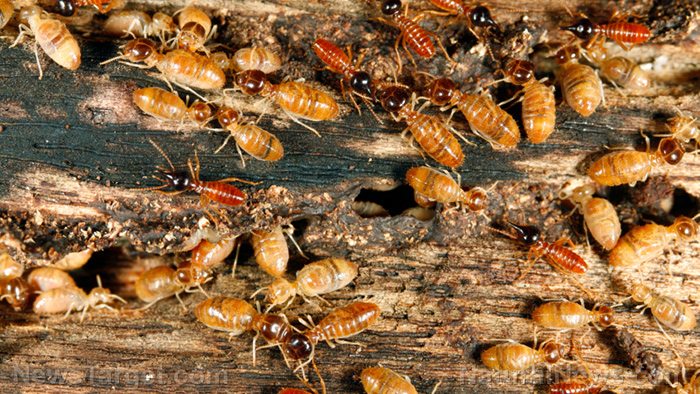China’s flooding woes continue with three consecutive typhoons
09/10/2020 / By Virgilio Marin
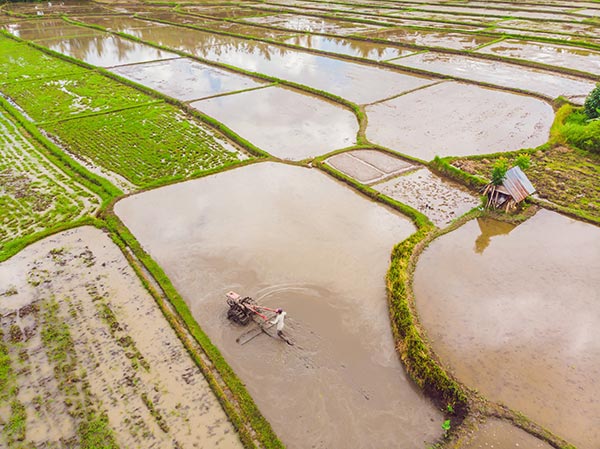
China’s Jilin and Heilongjiang provinces face devastating floods after three typhoons hit the country’s northeastern region from August 27 to September 8.
The Ministry of Emergency Management (MEM) said that the water levels of major rivers in Heilongjiang exceeded warning levels. Five of them went above their guarantee levels, which meant that embankment breaches could occur at any time. The ministry added that a similar situation was occurring in Jilin. Rainfall remains in the forecast until September 11.
The floods destroyed crops and forced farmers to harvest those that have not yet been destroyed. Several villagers also had to evacuate their homes as flooding destroyed bridges and roads in rural areas.
Although typhoons are not uncommon during this season in northeastern China, the region usually receives only one typhoon on average.
Historic flooding in northeastern China
On September 6, 23 local rivers in Heilongjiang experienced their worst flooding in the past five to 20 years. More rivers were flooded days later, with 25 reaching above warning levels. Jilin province also experienced heavy rain and more flooding. Authorities said that the soil in the province had already been saturated due to the deluge brought by previous typhoons.
People who were forced to evacuate had to contend with the chilly weather and authorities warned that temperatures in northeastern China could drop to 50 degrees in the evenings.
Meanwhile, farmers were forced to their fields earlier than the ordinary harvest time to sort through the damaged crops. Rice, corn and wheat are harvested in northeastern China between late August and early September. Soybeans, on the other hand, are typically harvested two weeks later. However, some farmers were not able to enter their fields because the floods were too severe.
The floods may hurt China’s crop output as Heilongjiang is one of the nation’s top producers of soybean, Japonica rice and corn.
In response, the Provincial Department of Agriculture and Rural Affairs issued guidelines on Monday outlining various concrete measures to ensure the stability of agricultural production. The guidelines also recommended that experts assess the extent of the damage and implement recovery measures.
Meanwhile, the MEM met with the State Flood Control and Drought Relief Headquarters on September 8 to discuss flood response. At the same time, Heilongjiang, Jilin as well as the nearby Liaoning province were alerted to the possibility of more flooding and mudslides thanks to heavy rainfall that was expected to last until September 11.
According to Dongbei Net, the three consecutive typhoons were deemed unusual as an average of 1.2 typhoons affects northeastern China annually. The typhoon series is also a first-ever recorded in the region’s existing meteorological records.
Experts said that the subtropical high pressure out east caused the three typhoons to move northward. (Related: China floods reach new high as officials issue grim warnings.)
Other areas also experiencing heavy rainfall
Several other areas in China, outside of the northeast, experienced flooding and mudslides due to torrential rains.
In Gansu Province, rainfall triggered mudslides in the northwestern city of Longnan on September 7. Mudslides recently killed at least five people in the area.
Meanwhile, heavy rain flooded the southern city of Xiamen in Guangdong Province and the southwestern city of Liupanshui in Guizhou Province. Floods took out the first floors of local stores and residential homes in Liupanshui.
Flooding has been a perennial problem in China; many reservoirs, levees, dikes and dams were built on its seven major river systems over the last several years but the nation is still struggling with a surge in heavy floods.
For example, the Yangtze River recently experienced its third flood peak of the year despite the presence of the Three Gorges Dam, the world’s largest hydroelectric dam.
Collapse.news has more China’s flooding problem.
Sources include:
Tagged Under: agriculture, China, crisis, crop damage, disaster, extreme weather, farming, Flooding, floods, food supply, heavy rain, natural disaster, Three Gorges Dam, typhoons, Yangtze
RECENT NEWS & ARTICLES
COPYRIGHT © 2017 DISASTER NEWS


